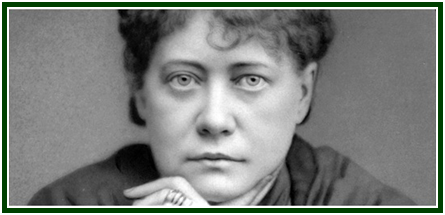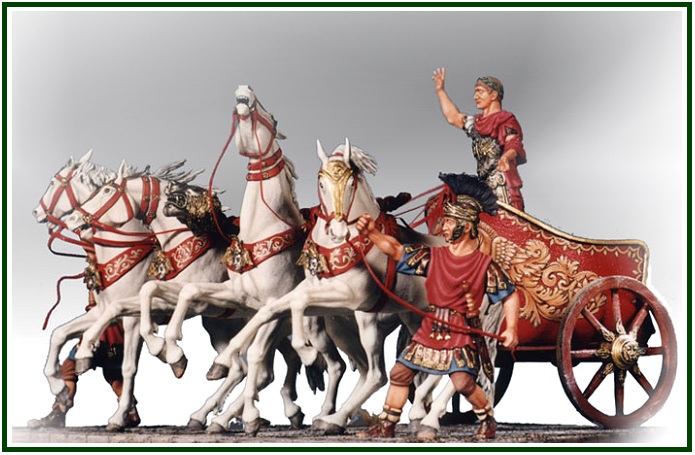* Wise is the one who knows how to learn. The apprentice-disciple knows that he does not know. He tries to learn how to acquire real knowledge.
* Only fools lie to themselves thinking they don’t need to seek the truth, and adopt the elegant pose of someone who thinks he knows all.
* The first step on the road to truth is to humbly acknowledge our profound ignorance. Thus we avoid foolishness. Next, it is necessary to take practical steps to strengthen one’s ability to learn. And this is a long-term task which requires persistence.
The Source and Foundation of Victory
* Many forget the fact that external reality - as seen by human beings - is but a reflection of one’s own inner reality.
* As we reduce the degree of spiritual ignorance to which our view of daily life is attached, the world seems to make more sense.
* The inner and the outer are deeply connected. Let us imagine that one’s horizon is wide enough and one has accumulated the right kind of experience in seeking a noble goal. In such conditions, each victory in inner self-discipline paves the way for a new victory in life, which may be visible or not.
* But a weak self-discipline does not help in achieving victory in the outer realms of reality.
* Before dreaming of a victory that includes the different levels of reality, ask yourself how efficiently you have prepared and obtained victory in your soul. Investigate how peacefully you have waited for its calm maturation, which may take place in the present lifetime or in a future one.
* The most important victory consists in acting in a correct way here and now, while one is guided by a long-term perspective.
* The law of karma is never in a hurry, but it rarely postpones anything. Its action is often invisible. Sometimes it seems to be too slow. Other times, it acts with surprising speed. It may even emerge as the light of a lightning in the darkest hour of the night. [1]
* In painful moments, one may think and feel that the amount of suffering is undeserved. Someone or something seems to be unfair in such a situation. But who said that suffering is not part of life? Nobody said that. Perhaps it was only because of our own self-indulgence and naiveté that we expected to be luckier than we are.
* If we accept the facts and see the karma of life as it is, we will cease to lose energy in rejecting actual reality. We then can concentrate in, (A) understanding the facts and their causes properly, (B) making the right decision or decisions, and (C) developing the right kind of action.
Doing the Best We Can Here and Now
* Before complaining about some difficult circumstances or the ethical decay around us, there is a small meditation we can practice:
* Om.
* May the inhabitants of the places that are important to me improve themselves on the moral plane, and elevate themselves spiritually.
* It is my duty to give a silent personal example of such an effort. I must act in constructive ways.
* Every nation can decide to live in the most correct way possible, and strengthen itself in ethics, and grow in self-purification. I hope a growing number of citizens reject wrong and unethical attitudes in their lives.
* Such is my practical commitment.
* The decision made by each pilgrim involves self-responsibility. It depends on his own moral strength. It must happen regardless of outward circumstances.
* As we improve ourselves, the world gets better. Sooner or later, all individuals reap what they sow.
* Om, shanti. Om.
NOTE:
[1] The paragraphs under the subtitle “The Source and Foundation of Victory” are an updated version of a note on page 32 of “CCA Notebook 14”.
000
The article “Thoughts Along the Road - 85” was published on the websites of the Independent Lodge of Theosophists on 10 June 2025. An initial version of it is part of the August 2022 edition of “The Aquarian Theosophist”, pp. 09-10.
000
Read more:
000
Print the texts you study from the websites of the Independent Lodge. Reading on paper helps us attain a deeper view of philosophical texts. When studying a printed text, the reader can underline sentences and make handwritten comments in the margins that link the ideas to his personal reality.
000
Helena Blavatsky (photo) wrote these words: “Deserve, then desire”.
000






